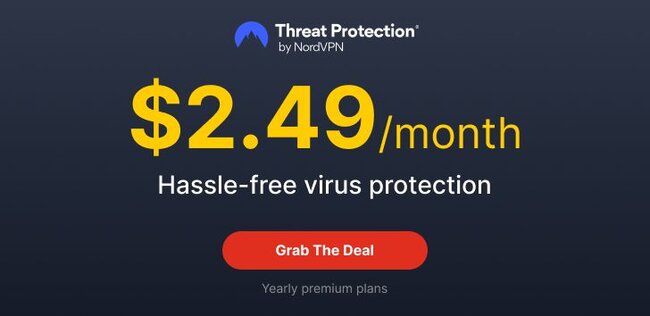How and Why To Use a VPN To Browse the Web
Navigating the digital world securely is paramount for both individuals and small businesses. Understanding what a VPN is and its benefits is the first step towards enhancing online safety.
What is a VPN
A VPN, or Virtual Private Network, is a digital tool that creates a secure, encrypted tunnel for your internet traffic, shielding your online activities from eavesdropping, interference, and censorship.
By routing your connection through a private server, it masks your IP address, making it appear as though you're accessing the internet from a different location.
This enhances privacy, secures data, and allows access to geo-restricted content.
VPNs are crucial for protecting sensitive information, especially when using public Wi-Fi networks, by encrypting data transfers, thus making it difficult for hackers or third parties to intercept and read your data.
Why is staying safe online crucial
It protects sensitive information from hackers, minimizes the risk of identity theft, and ensures your digital footprint remains confidential. Utilizing a VPN, like NordVPN, offers a robust solution with features tailored for Windows users, including a free trial, making it an attractive option for those seeking to test the waters.
NordVPN stands out with its offer of 67% off and a 30-day money-back guarantee, accessible via this link or click the offer below, providing an excellent opportunity for users to experience enhanced security with minimal risk.

Benefits of VPN
Even when connected to your home or work password protected networks, your browsing data can still be collected by your internet service provider (e.g. Comcast, Spectrum, Verizon, etc.). Did you know that this data can still be collected and sold to advertisers even if you are using “incognito” mode? In the event of a data breach (they happen all the time) these private data can be exposed. The VPN connection obscures your IP address from your service provider as you use the internet.
One of the main reasons people choose to use a VPN is to prevent their favorite apps and internet services (like Facebook) from attributing user behavior back to their IP address, which is essentially how these services “spy” on you.
Many people are also weary about overly curious government actors tracking their online activity. If government surveillance is a concern, you may want to consider investing in a VPN
By masking your location, VPNs can also allow you to access content that is not offered in particular locations. Don’t worry, VPN usage is not illegal in most countries, including in the U.S.
If you are working remotely, VPN data encryption allows you to keep sensitive and confidential information safe when off-site.
Ever notice that airlines and hotel bookings seem to change their prices based on your location? If you haven’t noticed, they absolutely do. An added benefit of a VPNs location “spoofing” feature is that you may save on booking travel and accommodations by changing the appearance of your location.
How do I keep myself secure online
Incorporating safe practices online—like using strong, unique passwords, enabling two-factor authentication, and staying informed about the latest security threats—are among the 10 ways to maintain digital safety. For students and all internet users, adhering to smart rules, such as being cautious about sharing personal information and recognizing phishing attempts, forms the foundation of a secure online experience.
Downsides of using a VPN
While VPNs offer numerous advantages, it's wise to be aware of potential downsides, such as slower connection speeds or compatibility issues with some websites. However, the benefits far outweigh these minor inconveniences, making VPNs an invaluable tool for anyone serious about their online security.
5 ways your small business should be securing customer data
- Start with Security - Only collect information from your customers if you really need it
- Limit the access - Don't all your employees have the same access to all data. Lock it down to a need to know basis, that way the exposure risk of that data is reduced
- Use Secure Passwords - Make sure that all customers who can access sensitive customer data have strong passwords.
- Encrypt your data - Its important to use encryption for storing and transmitting sensitive data/. You can get powerful protection with a VPN such as NordVPN!
- Be cautious with remote access - Data breaches are largely initiated via remote access.

Top VPN Providers